What social isolation is and how prevalent it is
Social isolation refers to the objective state of having minimal social contact and lacking meaningful relationships. Among older adults, factors such as retirement, loss of loved ones, and declining health can increase the risk of social isolation. In the United States, about 28% of adults aged 65 and older live alone, which can contribute to social isolation. More than 8 million adults age 50 and older are affected by isolation. In 2023, according to the University of Michigan National Poll on Healthy Aging, 1 in 3 adults age 50–80 (34%) reported feeling isolated. nia.nih.gov
The impacts on health and wellness
Social isolation has been linked to various adverse health outcomes in older adults. Physically, it is associated with increased risks of high blood pressure, heart disease, obesity, and a weakened immune system. Mentally, it elevates the chances of experiencing anxiety, depression, cognitive decline, and Alzheimer's disease. Studies suggest that the health risks associated with social isolation are comparable to smoking 15 cigarettes a day.apa.org
Barriers to overcoming social isolation
Several factors can make it challenging for older adults to overcome social isolation. Health issues and disabilities can limit an individual's ability to engage socially. Transportation issues, such as lack of access to reliable transportation, can prevent individuals from participating in social activities. Technological barriers, including limited access to or familiarity with technology, can hinder virtual social interactions. Socioeconomic factors, like financial constraints, can limit opportunities for social engagement. Psychological factors, such as feelings of shame, low self-esteem, or fear of rejection, can discourage individuals from seeking social connections. iris.who.int

The risks of untreated isolation
Social isolation among older adults poses significant health risks if left unaddressed. Physically, it is linked to increased risks of high blood pressure, heart disease, obesity, and a weakened immune system. Mentally, social isolation can lead to anxiety, depression, cognitive decline, and Alzheimer's disease. Research indicates that the health risks associated with social isolation are comparable to smoking 15 cigarettes a day. nia.nih.gov
Furthermore, social isolation can lead to poor sleep quality, impaired executive function, accelerated cognitive decline, and increased mortality. apa.org
The Centers for Disease Control and Prevention (CDC) also notes that social isolation and loneliness can increase the risk of heart disease, stroke, type 2 diabetes, depression, anxiety, dementia, and earlier death. cdc.gov
Addressing social isolation is crucial for the well-being of older adults, as prolonged isolation can have severe physical and mental health consequences.

How To Stay Connected
Engage in Group Activities: Participating in group exercises or hobby clubs fosters social connections and promotes physical health.
Leverage Technology: Utilizing social media platforms, online forums, or virtual classes can bridge distances and introduce new social opportunities.
Volunteer: Offering time to local organizations or causes provides a sense of purpose and facilitates interactions with diverse groups.
Adopt a Pet: Caring for a pet offers companionship and can encourage routine and responsibility, reducing feelings of loneliness.
Join Support Groups: Participating in support groups that cater to specific interests or health conditions offers a platform to share experiences and connect with others facing similar challenges.
Attend Adult Day Centers: Enrolling in adult day programs that offer social activities, meals, and health services provides structured environments for socialization.
Explore Intergenerational Programs: Joining programs that connect different age groups, such as mentoring or community projects, can offer fresh perspectives and mutual learning.
Practice Mindfulness and Meditation: Engaging in mindfulness practices can help manage feelings of loneliness and improve overall mental health.
Seek Professional Help: If feelings of loneliness persist, consulting with mental health professionals can provide strategies to manage and overcome social isolation.
“The poverty of being unwanted, unloved and uncared for is the greatest poverty.”
Ending Isolation Madison Initiatives
Phone Pals
Phone Pals is a partnership between NewBridge, The Goodman Community Center, and RSVP. The program aims to:
Break isolation for older adults, especially those living alone.
Foster meaningful connections between older adults and volunteers.
Offer regular, casual, and social conversations once a week.
Our goal is to reach older adults in the community who may be physically or socially isolated and/or experiencing loneliness. The program will be run collaboratively:
NewBridge will identify and recruit older adults to participate.
RSVP will recruit and onboard volunteers.
Goodman Community Center will match older adults with volunteers and provide ongoing program support.
To learn more about getting a Phone Pal call The Goodman Center at (608) 241-1574
Bridge Buddies
Bridge Buddies is a NewBridge initiative designed to combat social isolation by pairing older adults with friendly volunteers for regular visits. This program fosters meaningful connections, providing companionship, conversation, and a sense of community for older adults who may feel lonely or disconnected
Visits take place 1-4 times a month in the older adult’s home or a community space, offering a flexible way to brighten someone’s day while fitting into busy schedules.
Beyond reducing isolation, Bridge Buddies fosters meaningful relationships for both parties, ensuring older adults feel connected, and volunteers feel valued.
To learn more about getting a Bridge Buddy call NewBridge at (608) 512-0000
Bridge Builders
Bridge builders is a pilot project to increase older adult participation at programs using trained older adult volunteers. We aim to:
Connect older adults to health and wellness activities provided by NewBridge or other community organizations.
Provide ongoing support to maintain or improve their health and wellness.
Coordinate activities for older adults in underserved neighborhoods in collaboration with NewBridge and local healthcare providers.
Focus on recruiting older adult volunteers and designing outreach strategies specifically aimed at neighborhoods that have historically been reluctant to engage with NewBridge services, fostering trust and increasing participation.
Our Partners
Local Resources To Stay Engaged
Mental Health Resources: The NewBridge Mental Health Resources Team (MHRT) supports older adults in the case management program with mental health needs and helps access community resources to meet their needs.
NewBridge University: We strive to engage, support and unite older adults. As we age our learning path may look different, the manner in which we learn may change, and our learning curve might be steeper - but we never stop learning. All of our program offerings under our Diversity & Inclusion and Classes & Activities, will fall under NBU. Some of our classes will be offered to specific groups, to help provide a safe space where participants can share and express themselves with older adults who look like them and share similar life experiences.
Volunteer Opportunities: The Retired and Senior Volunteer Program (RSVP) provides fulfilling volunteer opportunities for people age 55 and older. Below are a few of our current opportunities. To learn about additional ways to serve, contact Jan Karst at jkarst@rsvpdane.org or 608-441-7891.
Foster Grandparents: When you share your time, experience, and love, you can make a difference in a child’s life. Foster grandparents work with children in Dane County schools, Head Start Programs and community centers, helping them to be successful learners. They are consistent, caring role models providing one-on-one adult attention. Put simply, they provide the kind of unconditional love that sets a child on a path to a secure future.
Madison Senior Center Programs: Looking for something to do? Find information on some of our annual events, or browse our events categories for new & interesting activities at the Senior Center!
Older Adult programming: The Goodman Community Center is a space for gathering, and we host a variety of events to bring members of our senior community together for fun activities and good conversation. Your health and wellness is important to us, so we also offer a variety of physical and mental health opportunities too. All of this is wrapped up in a community that is welcoming, warm and inclusive.
soledad no deseada
El aislamiento social y la soledad no deseada son desafíos crecientes en nuestra comunidad, especialmente en Madison, y es momento de unir esfuerzos para solucionar este problema de manera efectiva. Como parte de un esfuerzo colaborativo, construimos una coalición a nivel comunitario enfocada en reducir el aislamiento y la soledad en los adultos mayores de nuestra ciudad.
La soledad no deseada es mucho más que simplemente estar solo; es la sensación de aislamiento emocional y físico. Es el resultado de sentirse desvinculado tanto física como emocionalmente, o de estar desconectado de redes de apoyo como la familia, los amigos y la comunidad.







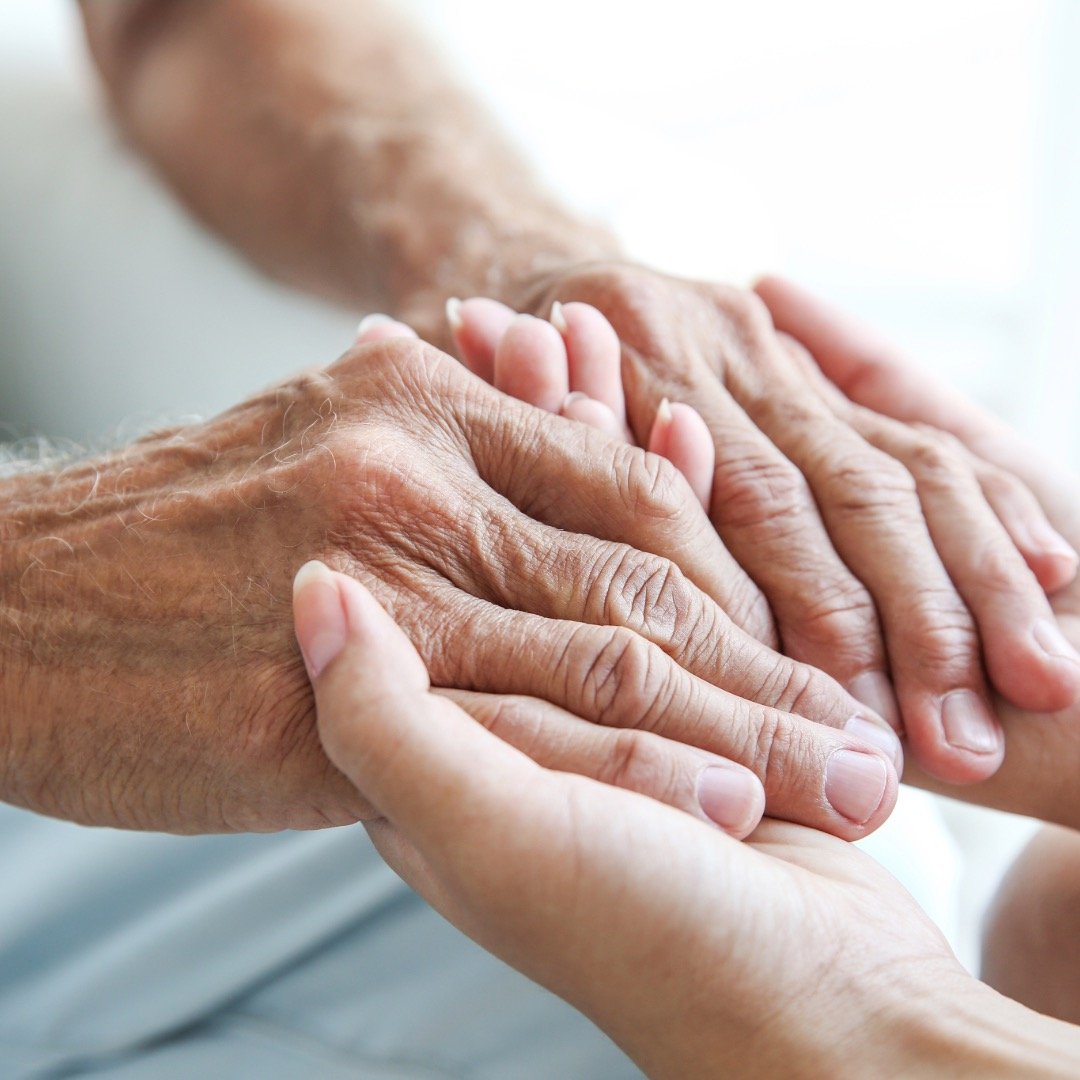

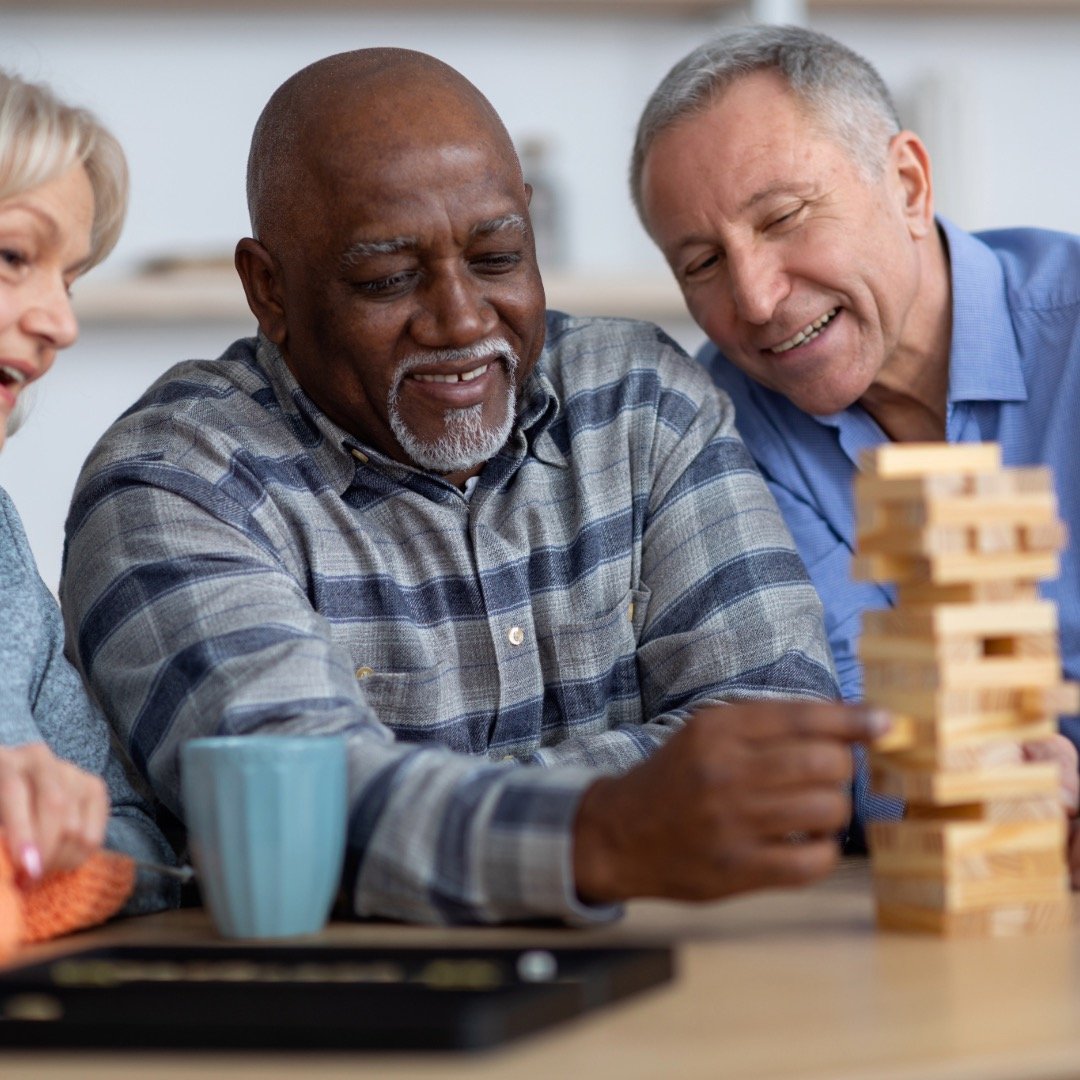




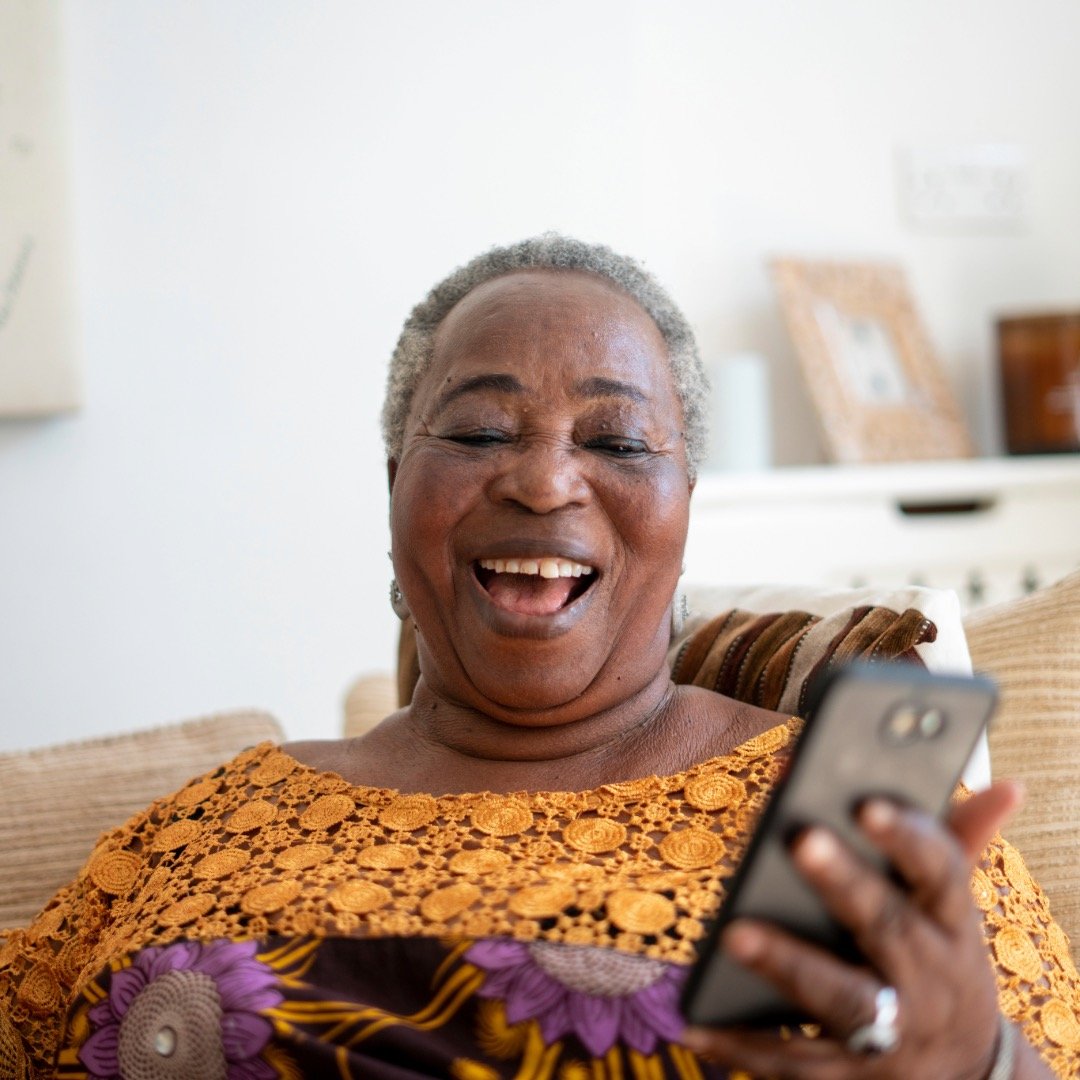
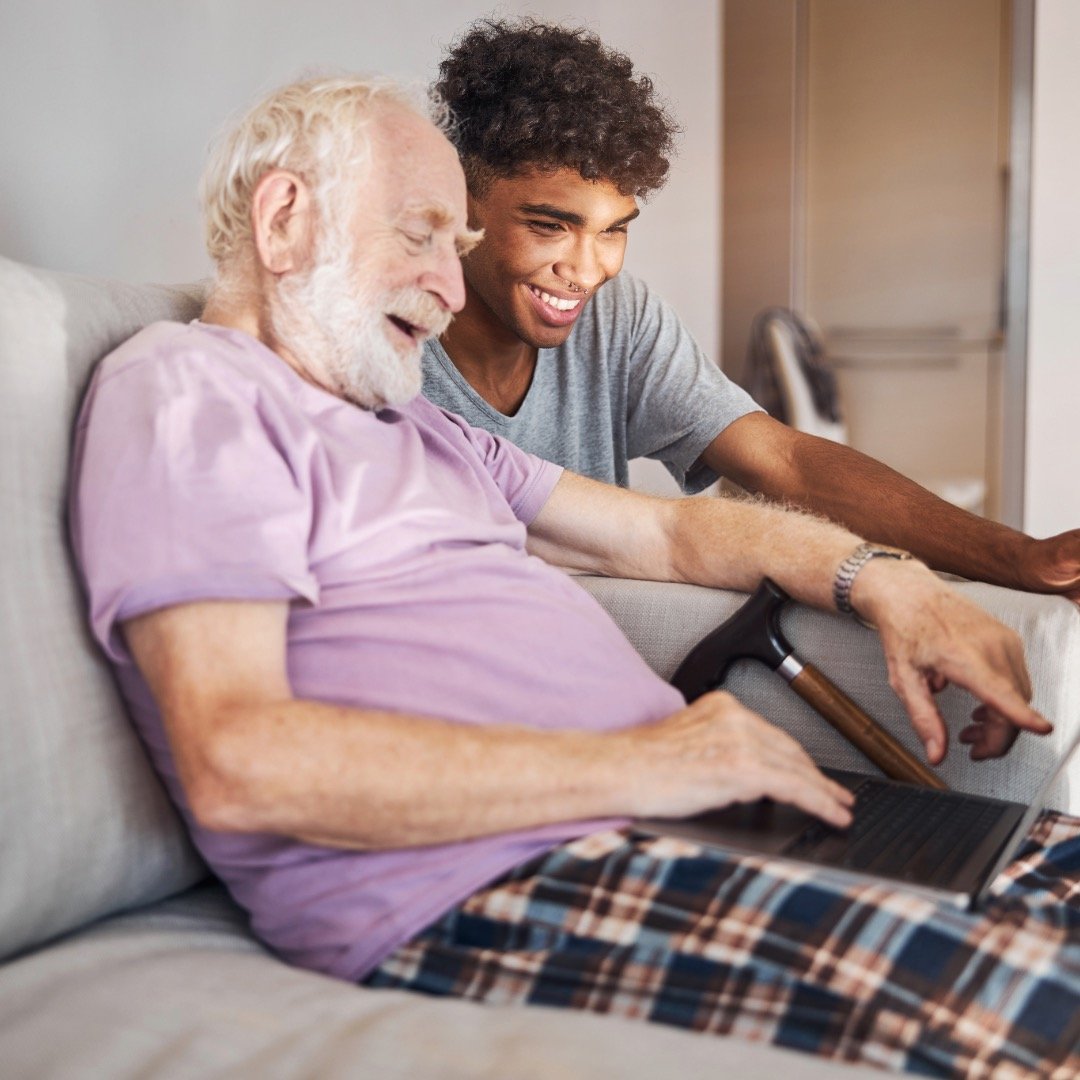


















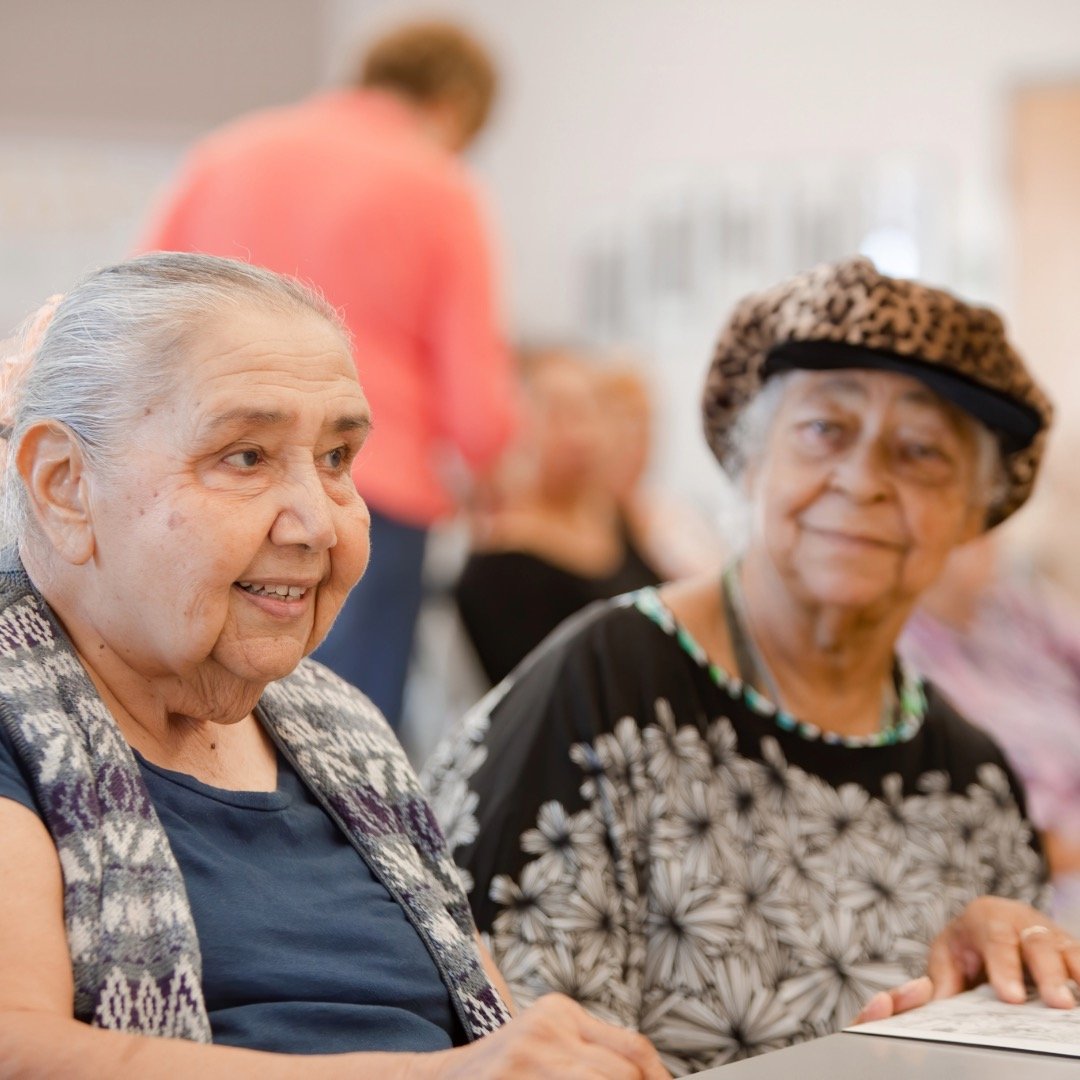

Social Isolation Links & Education
https://www.who.int/activities/reducing-social-isolation-and-loneliness-among-older-people
https://www.michiganmedicine.org/health-lab/1-3-older-adults-still-experience-loneliness-and-isolation
https://www.michiganmedicine.org/health-lab/8-ways-older-adults-can-reduce-loneliness-and-social-isolation-0
https://sprc.org/wp-content/uploads/2022/12/Reducing-Loneliness-and-Social-Isolation-Among-Older-Adults-Final.pdf
https://hms.harvard.edu/news/how-older-adults-can-build-resilience-against-loneliness
https://www.forbes.com/sites/howardgleckman/2024/05/21/treating-the-epidemic-of-loneliness-and-social-isolation-among-seniors/
https://www.hopkinsmedicine.org/news/newsroom/news-releases/2023/01/new-studies-suggest-social-isolation-is-a-risk-factor-for-dementia-in-older-adults-point-to-ways-to-reduce-risk